
How to conduct effective academic research: 9 key methods
Choose the research methodology best suited to your situation What is a research methodology...

Plagiarism is the act of presenting someone else's work as one's own. In documentary research and writing (dissertation, internship report, thesis, etc.), you're allowed to use another author's ideas, provided that the source of the idea is mentioned.
Definition of plagiarism according to Martin Hutchison: "Plagiarism is an act that can be committed intentionally, unintentionally, or inadvertently, and consists of using, in part or in whole, a work or idea produced by oneself or another person, without indicating the source." Definition taken from the webinar Prevention of Plagiarism in Secondary Education: Urgency Required!
Copying a text generated by an AI, such as ChatGPT, and reusing it as is may constitute a fraudulent act similar to plagiarism. Generative AIs are considered third-party authors and must be cited.
AI-generated content can be detected using an AI Detector.

To attest to honest behaviour
Being careful not to plagiarize means making a point of being an honest person who does not try to cheat.
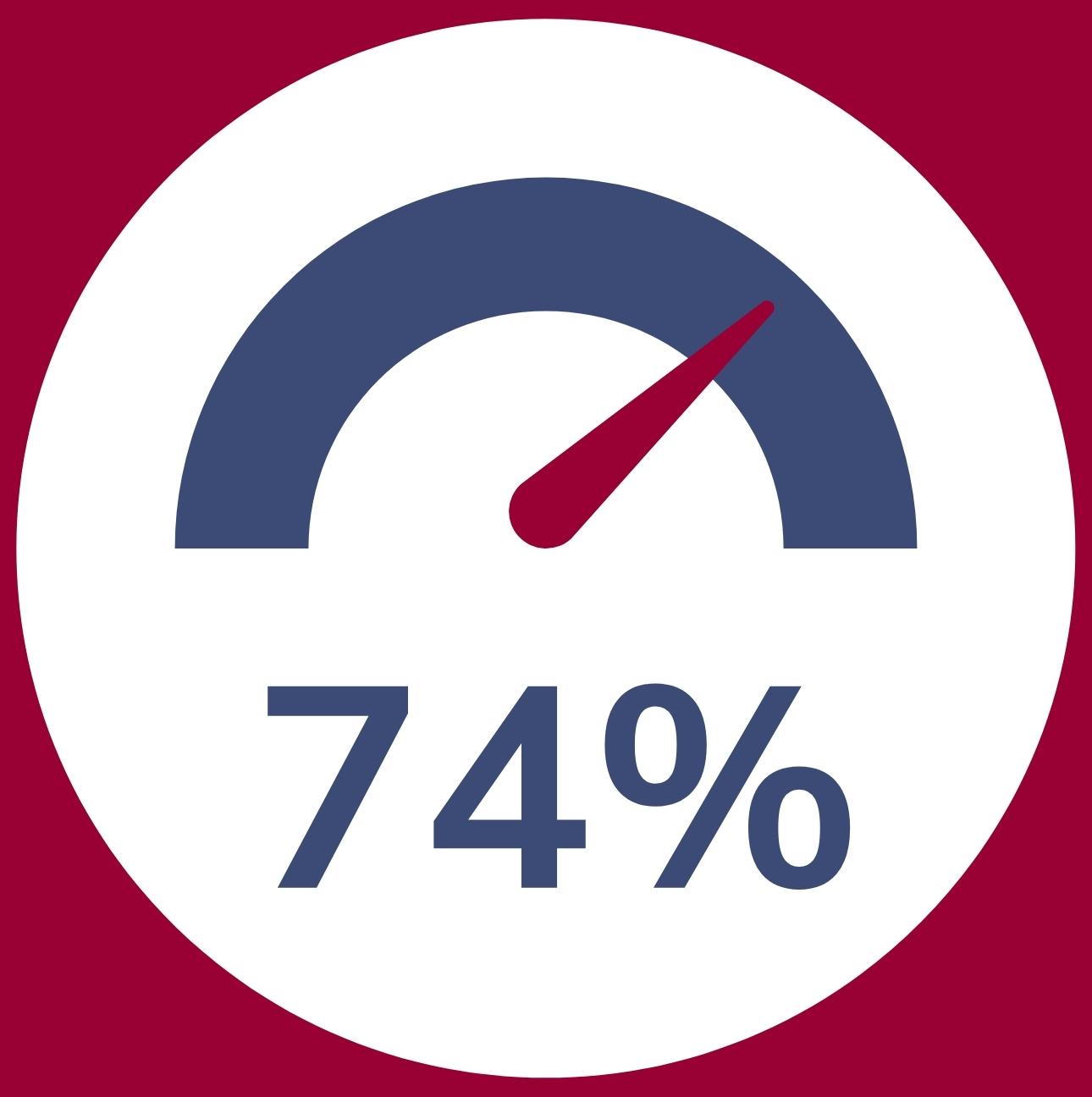
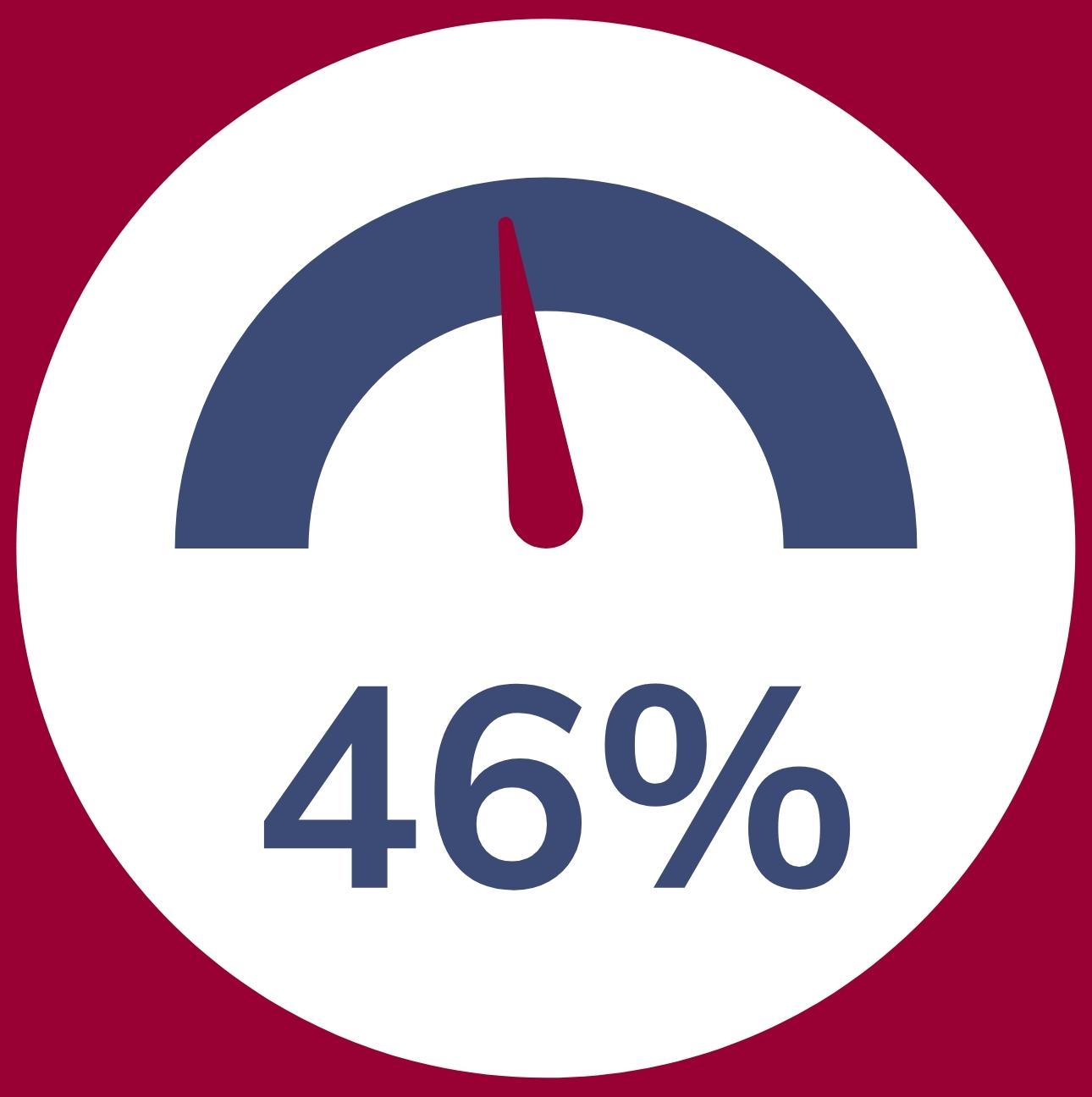
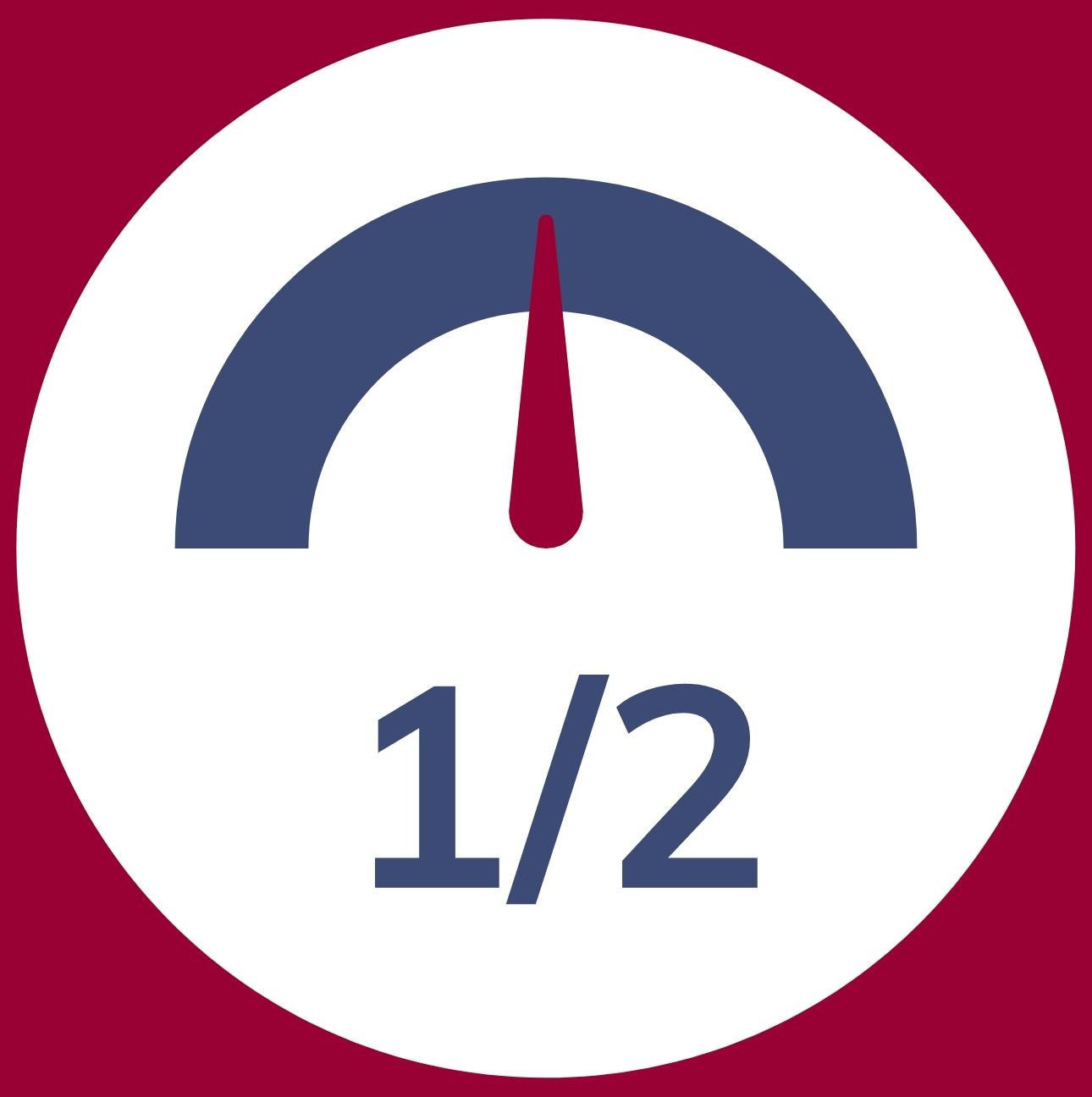
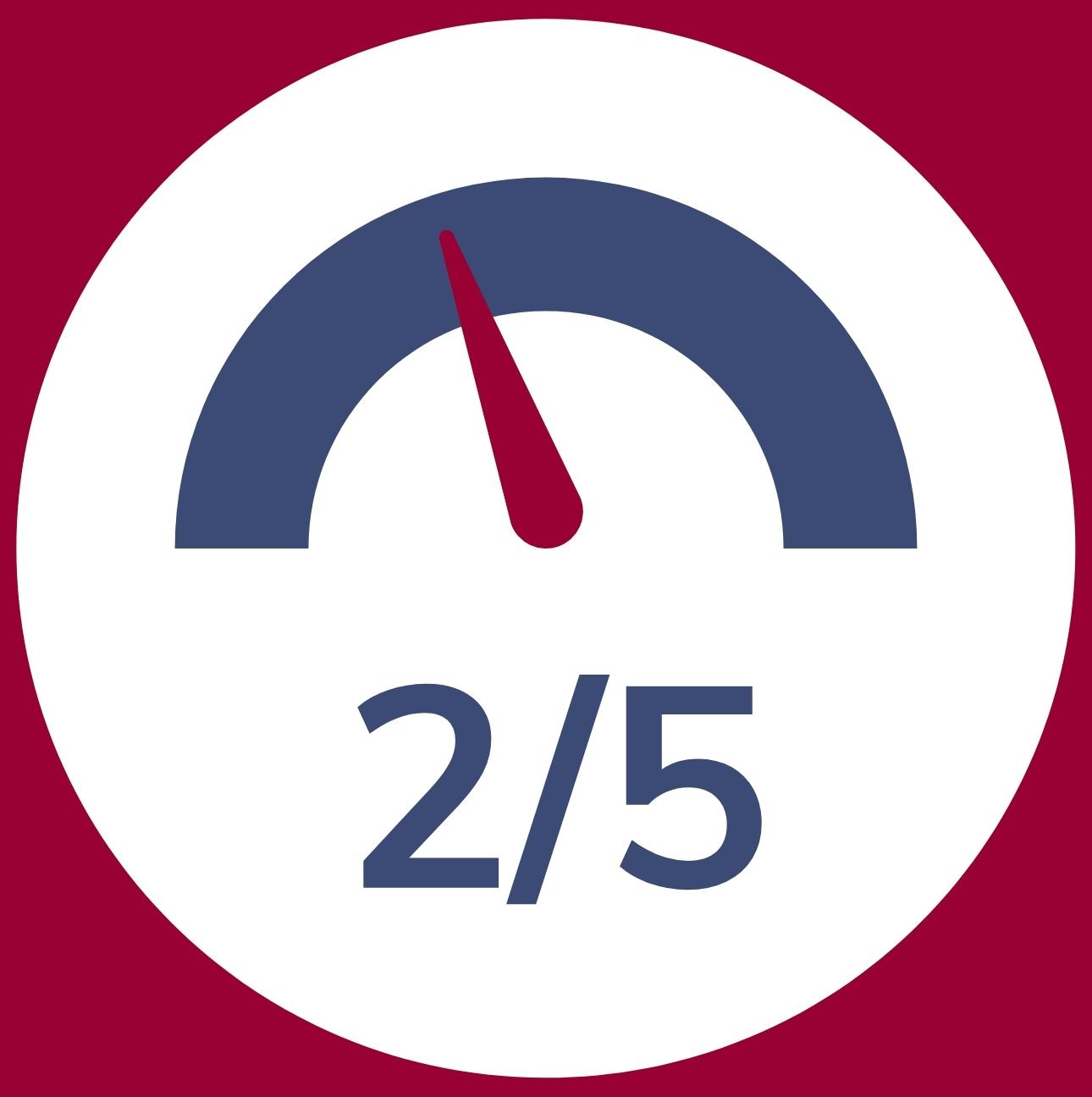
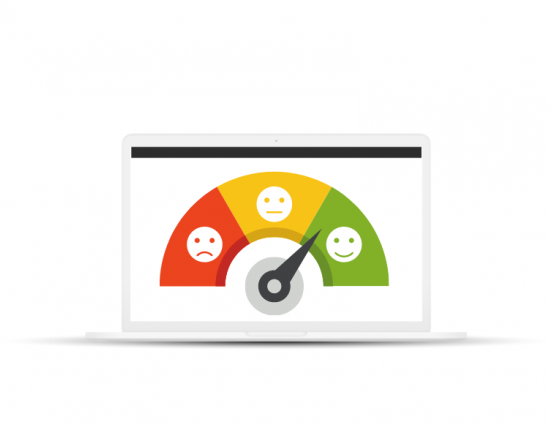
Compilatio Plagiarism Software (or other plagiarism detectors) calculates the percentage of text taken from external sources found in the analysed document. This score is called the “similarity rate".
The document's corrector interprets this similarity rate to decide whether or not there is plagiarism.
The percentage of plagiarism that is acceptable depends on your institution's policy. Most universities accept a plagiarism rate of less than 10%.
Compilatio supports teachers and students with plagiarism detection and checking tools.
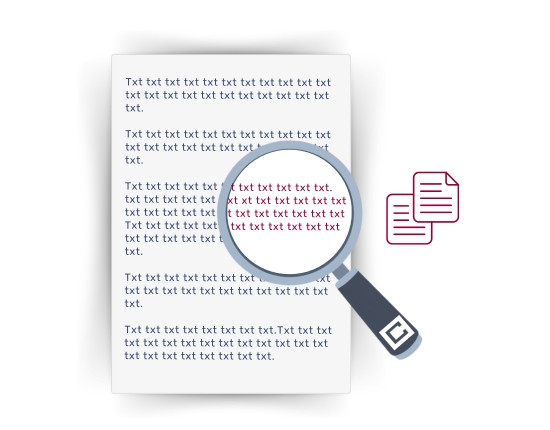
To detect plagiarism in a document, you need access to plagiarism checking software.
Some of these tools, also called plagiarism detectors, include AI-detection features, allowing them to identify texts that may have been generated by artificial intelligence such as ChatGPT, Gemini, or Claude.
The Compilatio Studium software for students and Compilatio Magister+ for teachers include an AI detector!
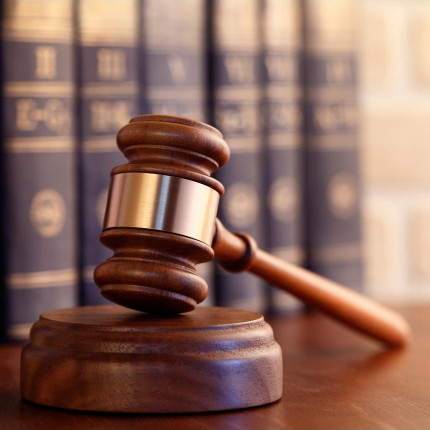
Taking quotes without indicating sources is a violation of academic regulations. The consequences can be severe.
Here are some examples of punishments related to plagiarism.
- Invalidation of the assignment impacted by plagiarism.
- Warning/blame.
- Temporary or permanent expulsion from any public higher education institution.
- up to 10 years' imprisonment.
- $250,000 fine.
Consequences that can affect the future:
- Reputational damage to the institution and student.
- Cloud of suspicion that follows the plagiarist for a long time and that raises questions for all the other students.
- Calling into question the value of the school's diploma and the quality of teaching.
- Impact on future opportunities, such as admission to advanced programs or access to certain jobs.
FAQ
What is plagiarism?
Plagiarism consists of using someone else's ideas, words, or work without properly citing them, presenting them as your own. It can be intentional or unintentional.
What are the most common types of plagiarism?
The main types of plagiarism include: direct plagiarism (word-for-word copying), paraphrasing plagiarism, translation plagiarism, self-plagiarism, and plagiarism of anonymous sources.
How can plagiarism be detected in a work?
Plagiarism can be detected using anti-plagiarism software, also called similarity detectors, which analyze texts and compare their content with published sources. Examples of anti-plagiarism software include Compilatio Magister, Compilatio Magister+, and Compilatio Studium.
Is using AI considered plagiarism?
In principle, using generative AI such as ChatGPT is not automatically considered plagiarism. AI-generated content is often original, except in certain cases where it reproduces existing content. However, copying AI-generated text and reusing it as-is may be considered fraudulent, with consequences similar to plagiarism. Refer to your institution’s regulations for guidance.
How can AI-generated content be detected?
To detect AI-generated content or texts, it is necessary to use an AI detector. Some anti-plagiarism software, such as Compilatio Magister+ and Compilatio Studium, include this feature to identify automatically generated texts.

Choose the research methodology best suited to your situation What is a research methodology...
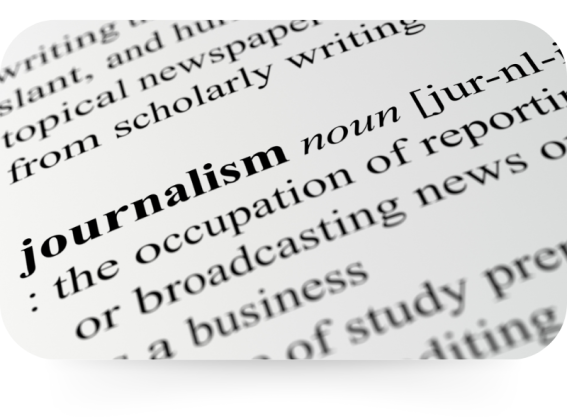
In a world where information spreads at lightning speed and media credibility is constantly...
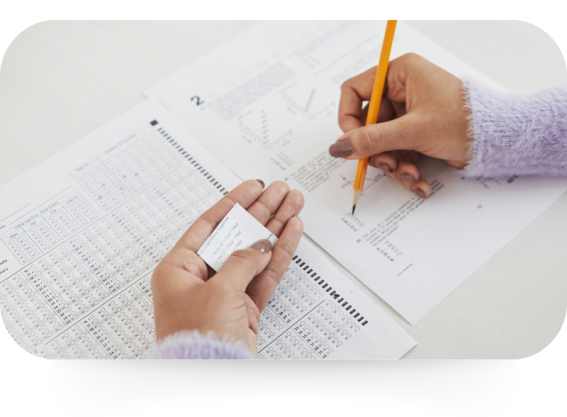
AI is now a tool that’s omnipresent in our daily lives, which makes it essential to understand...